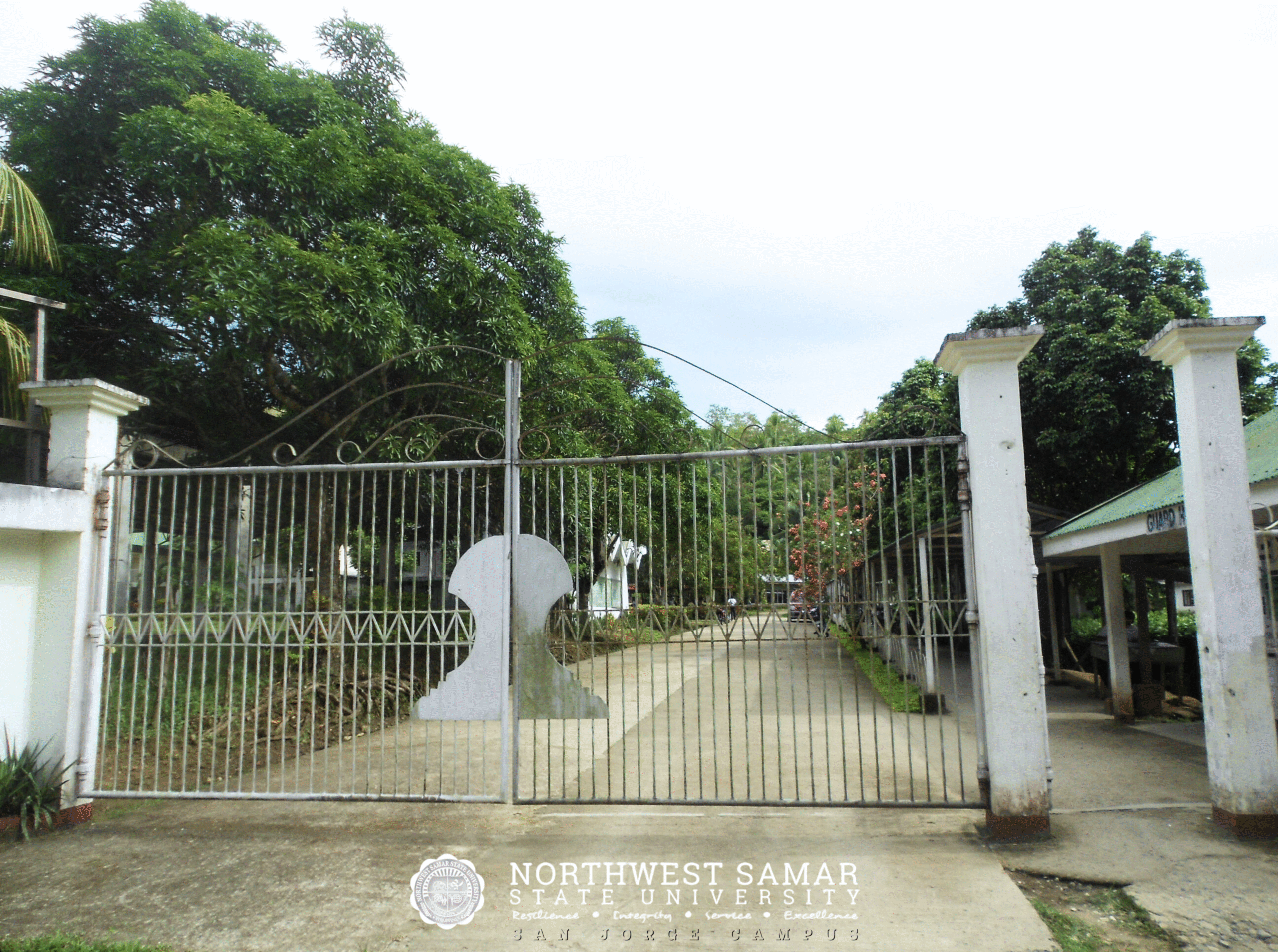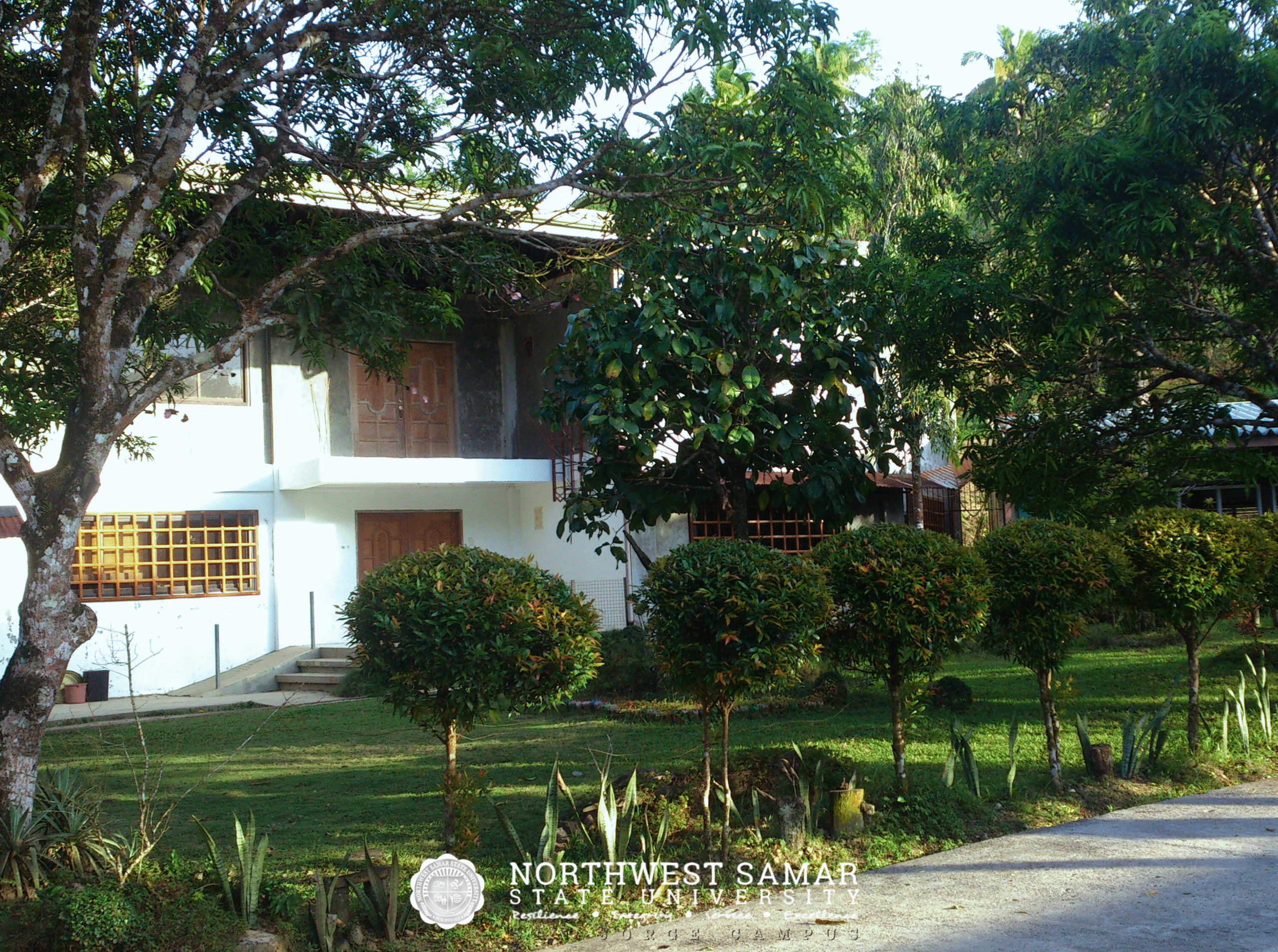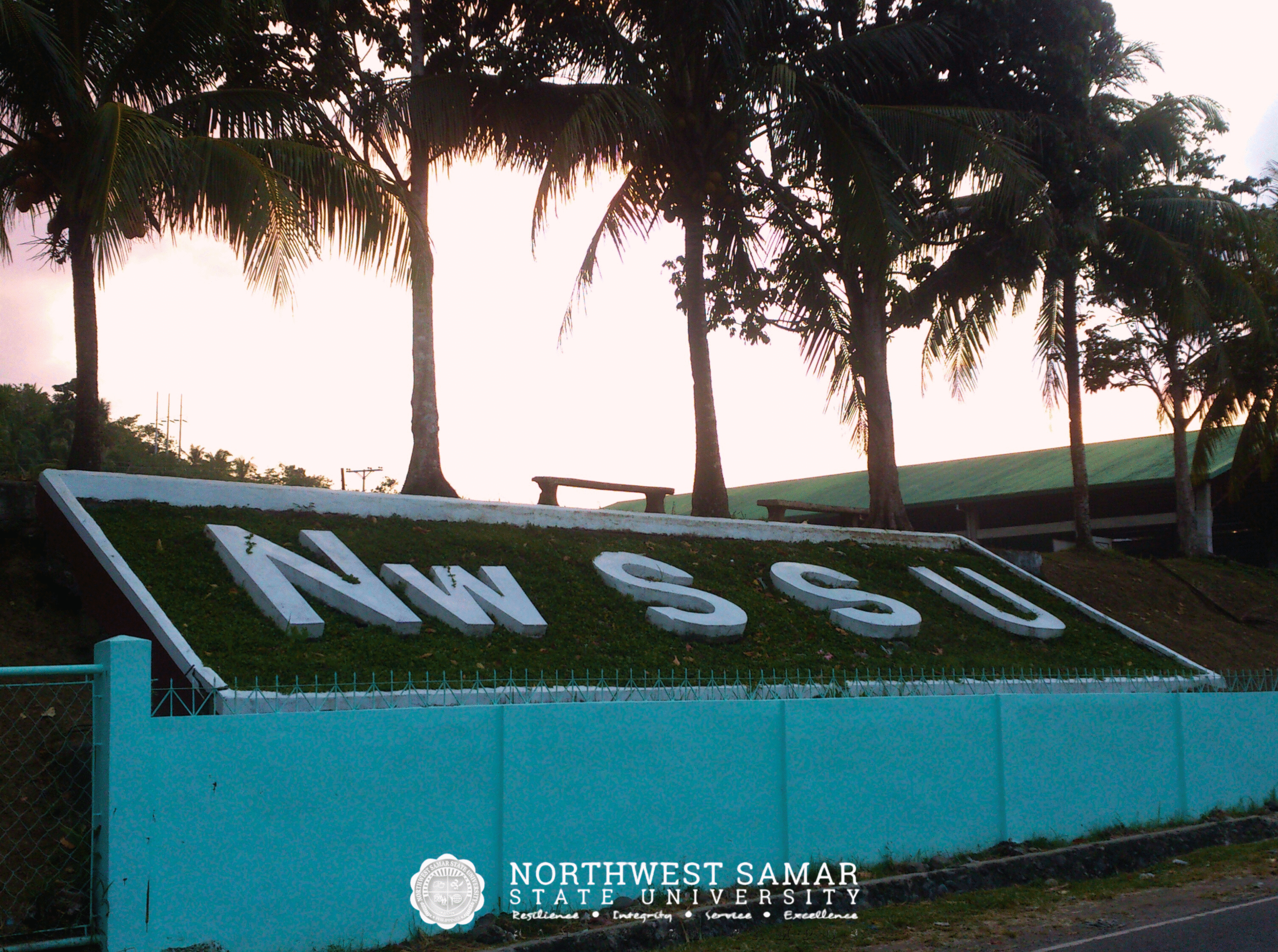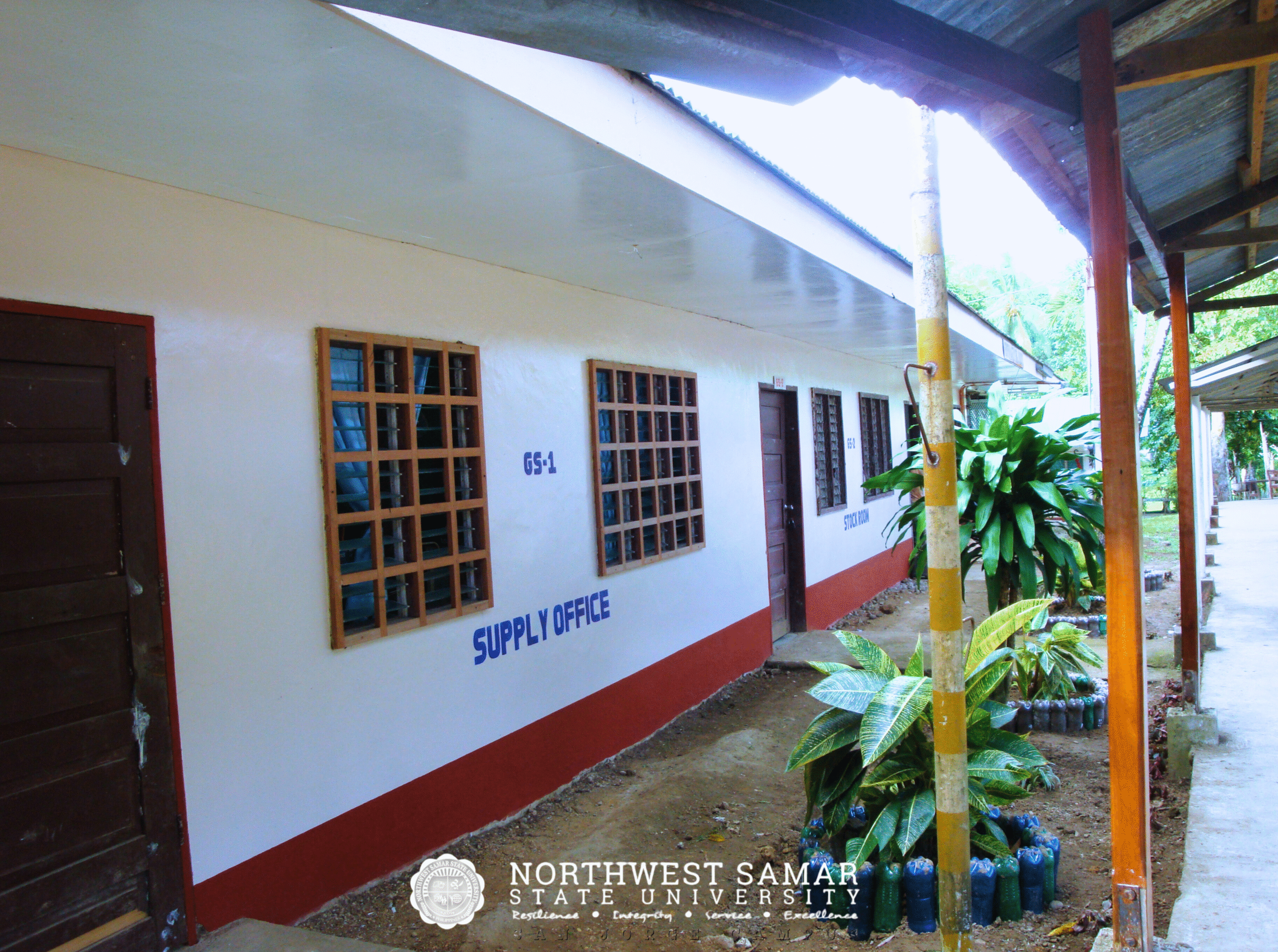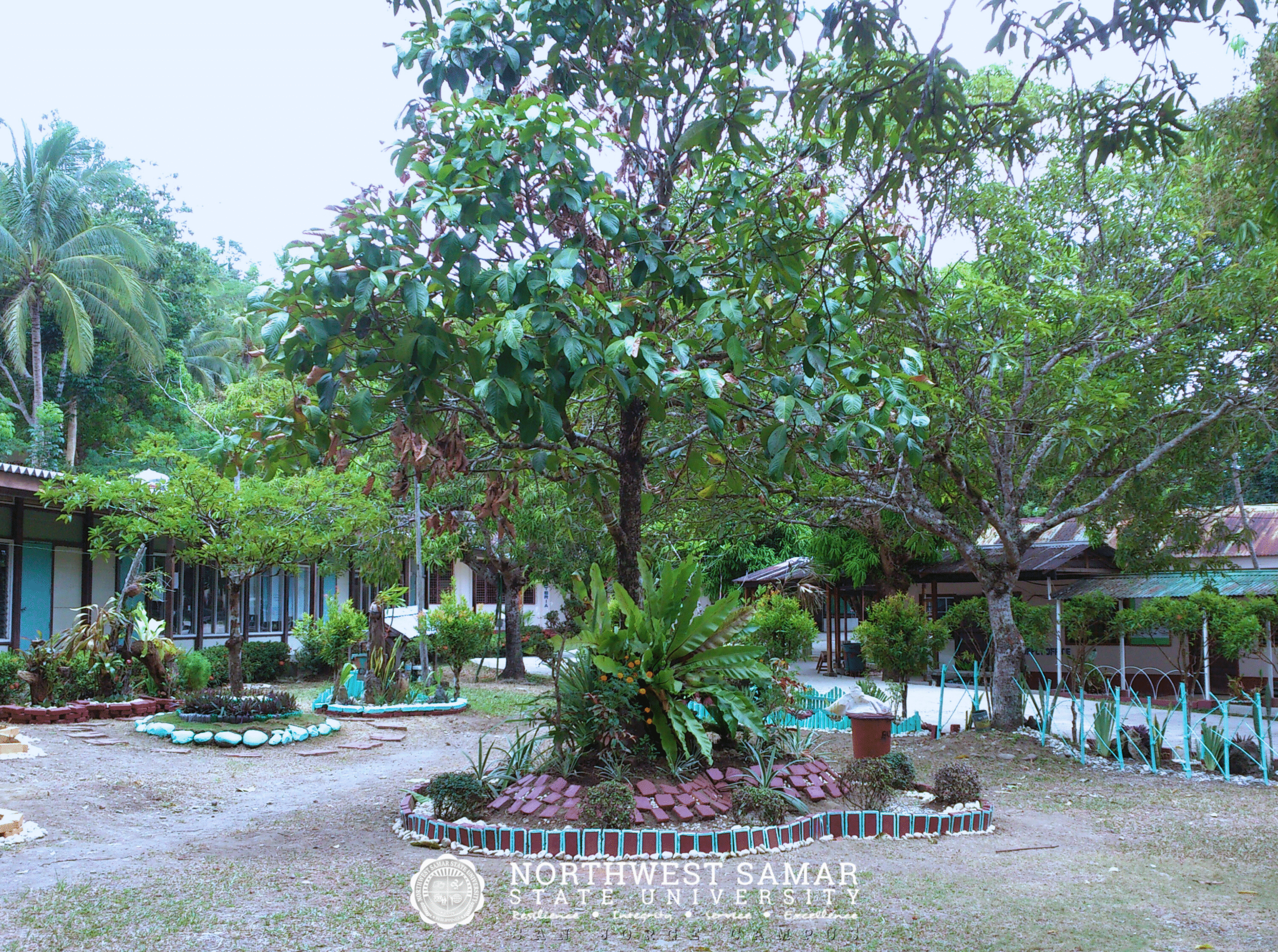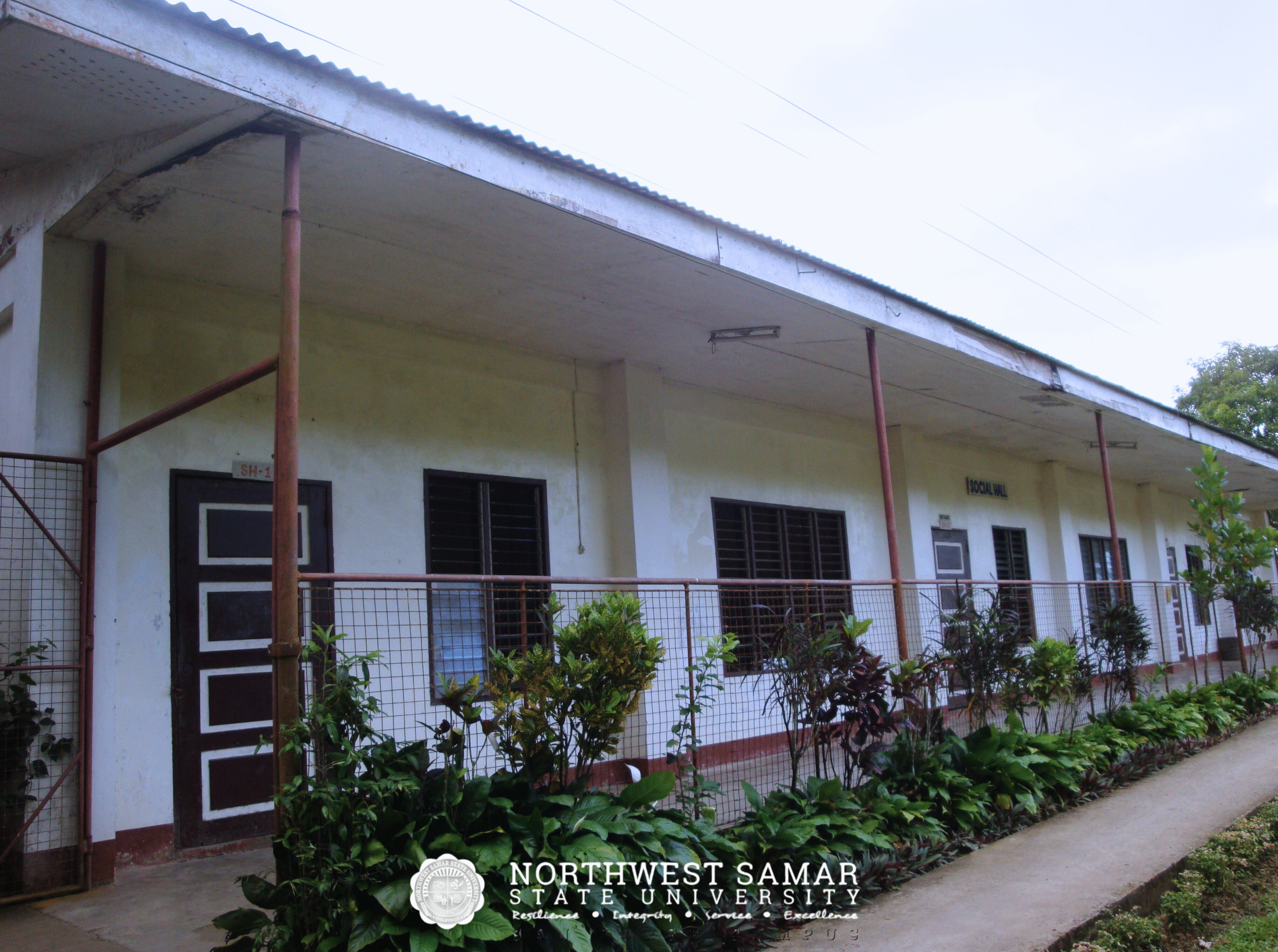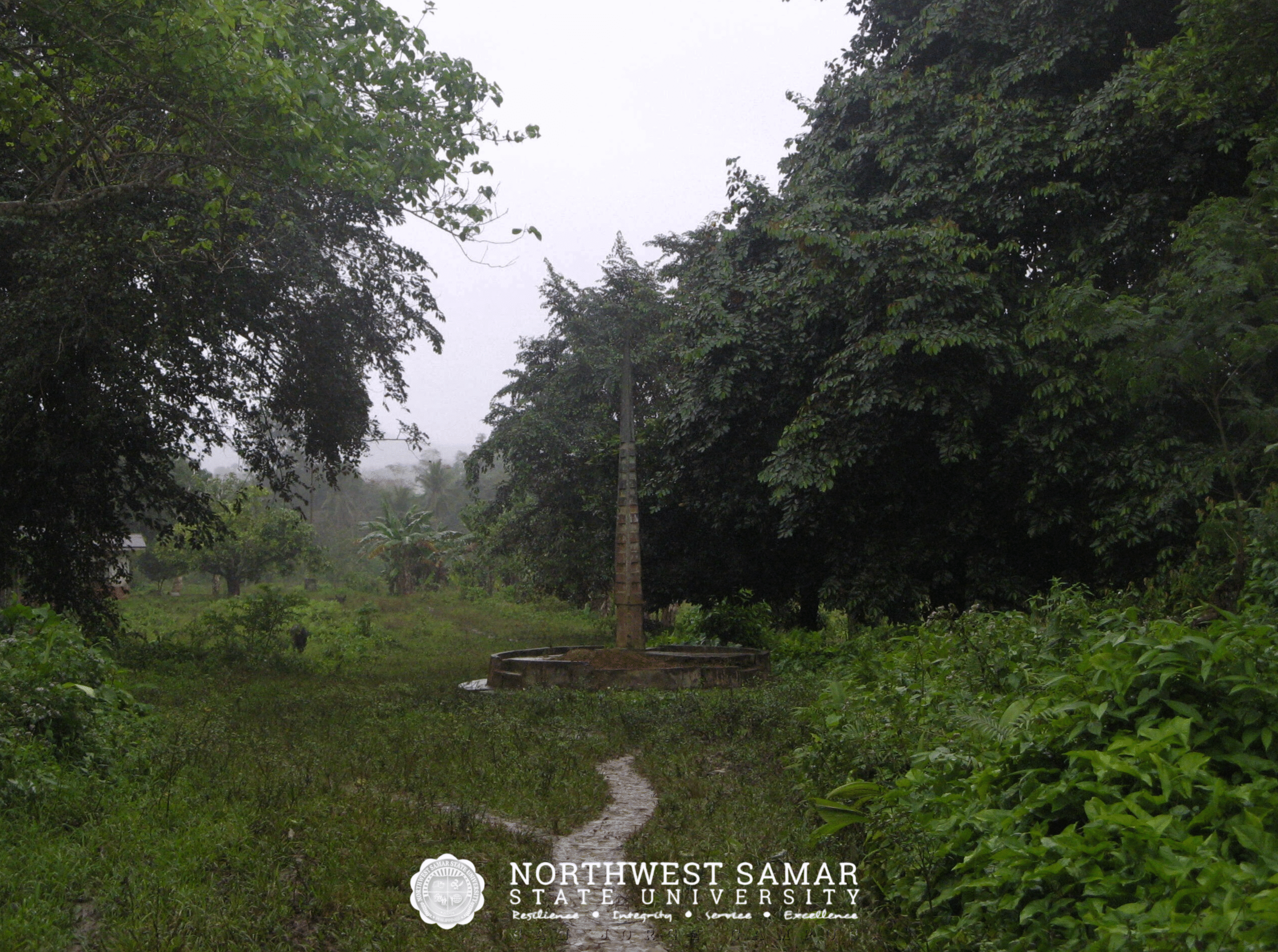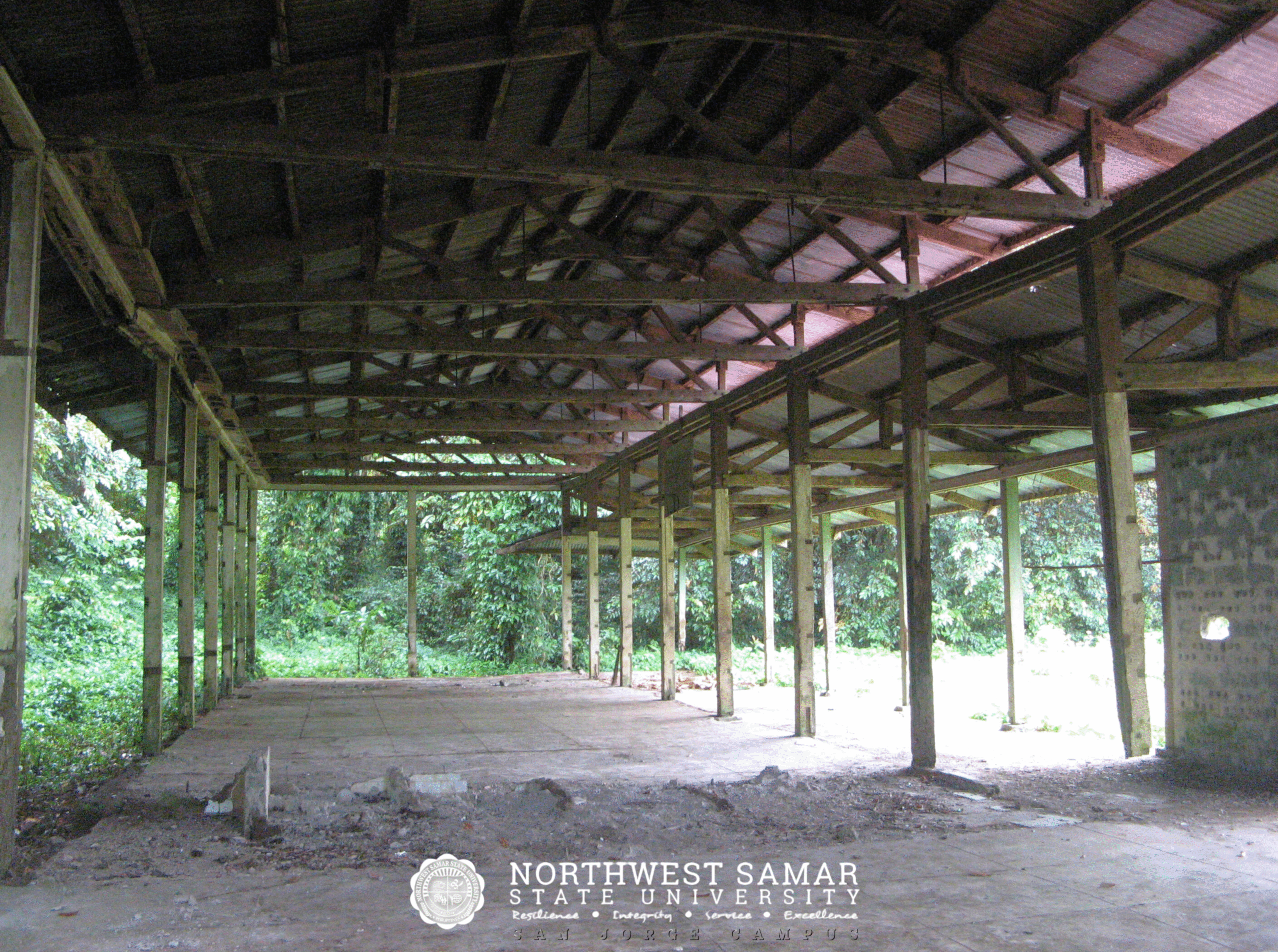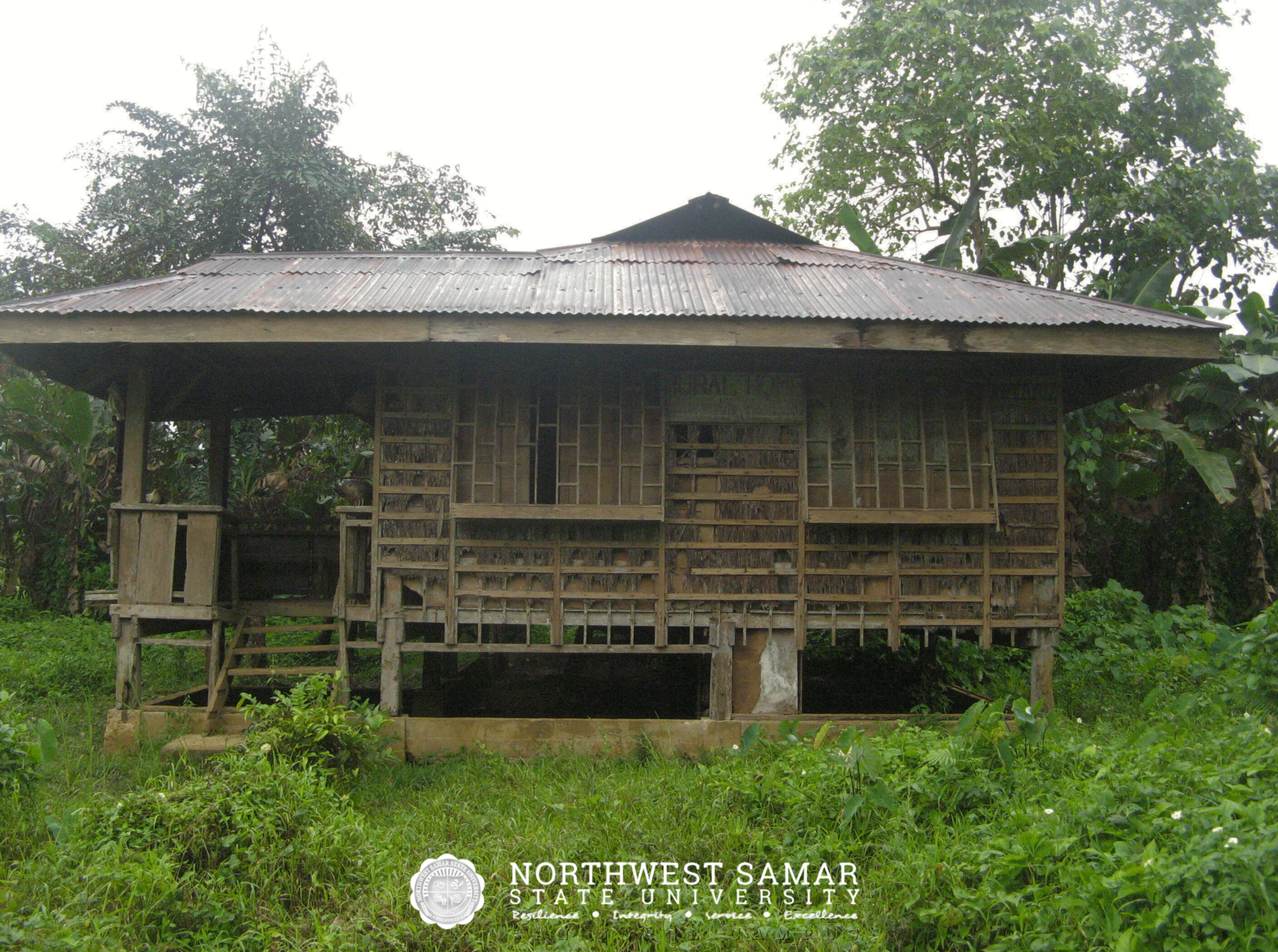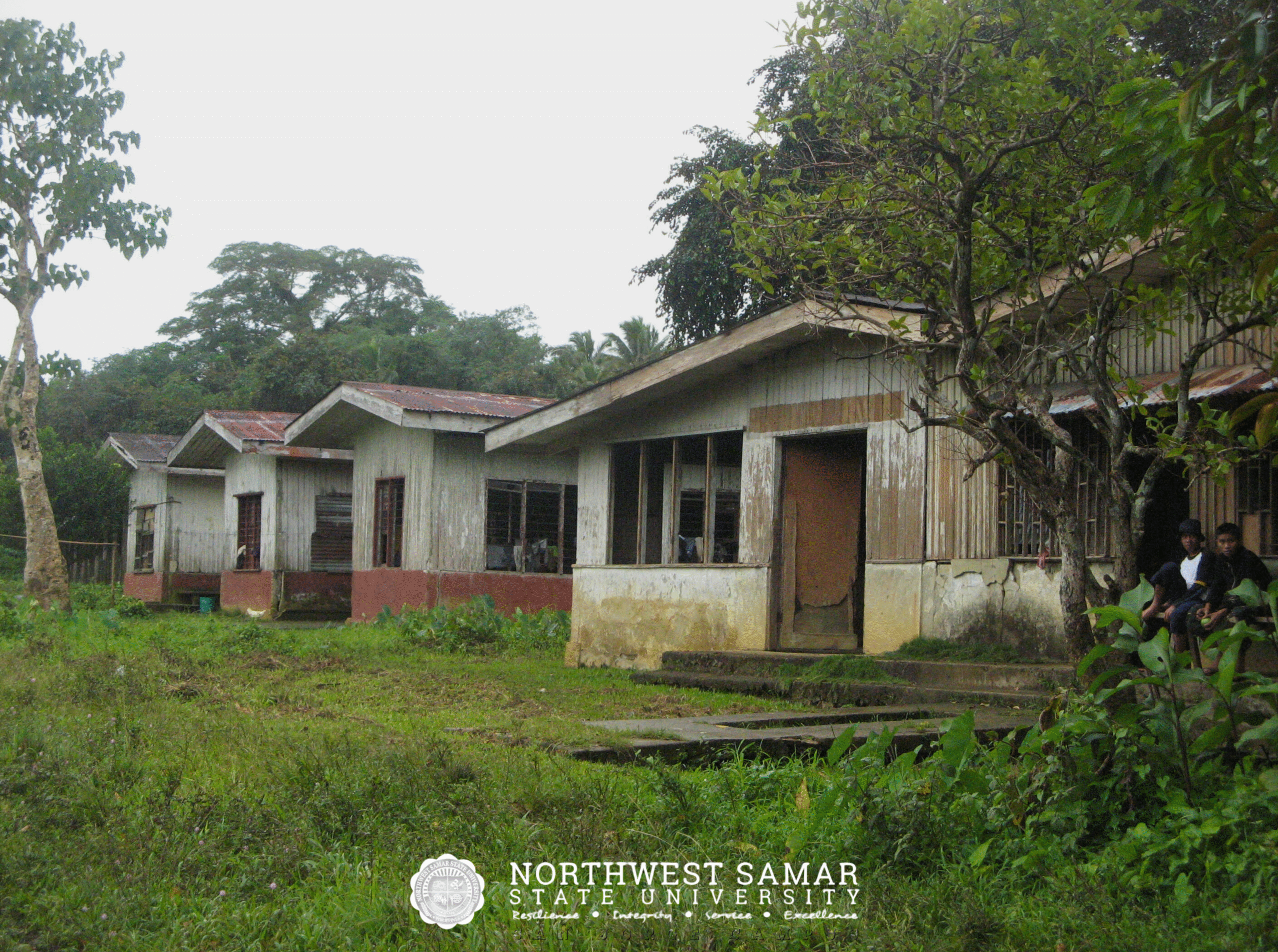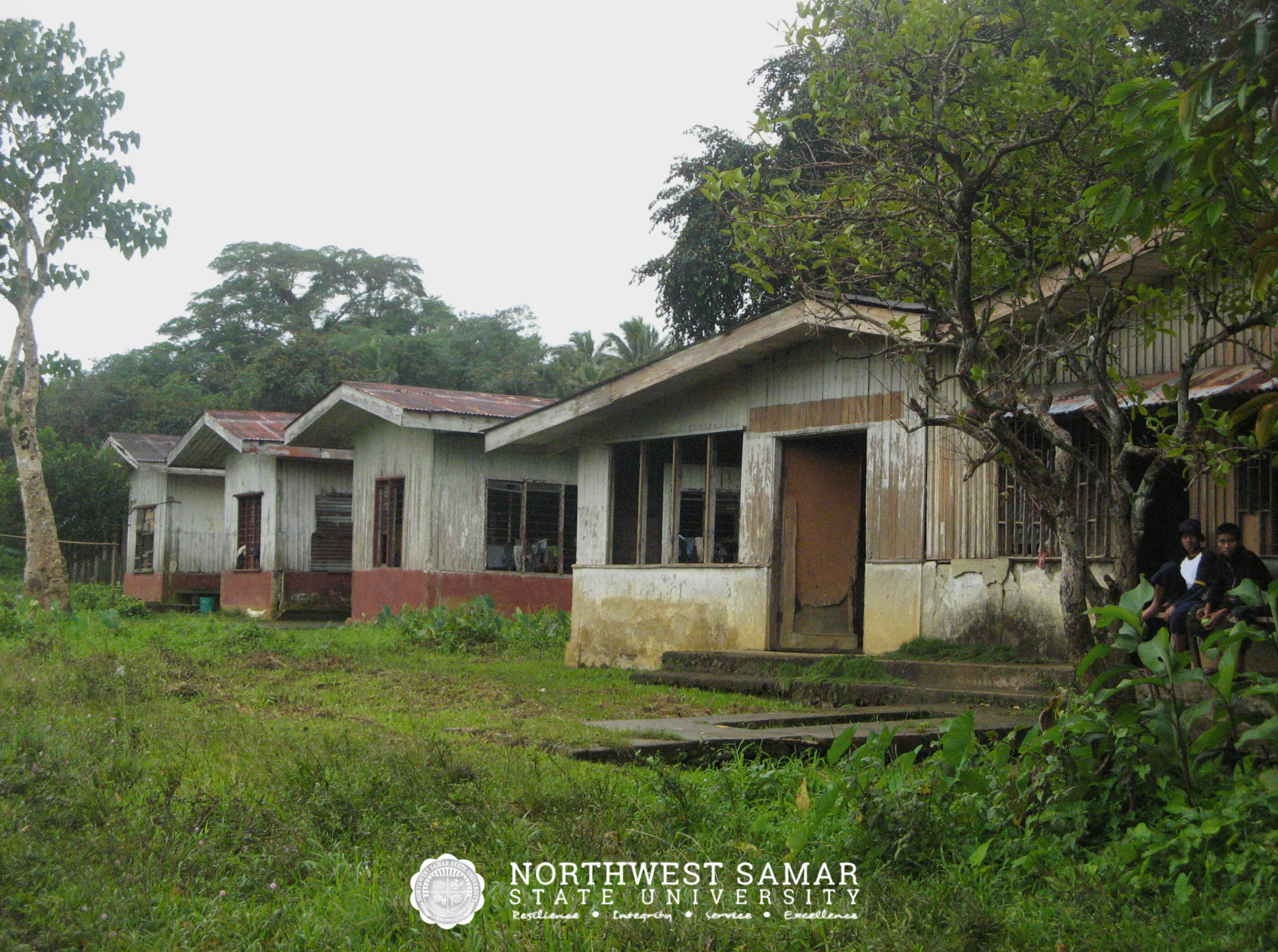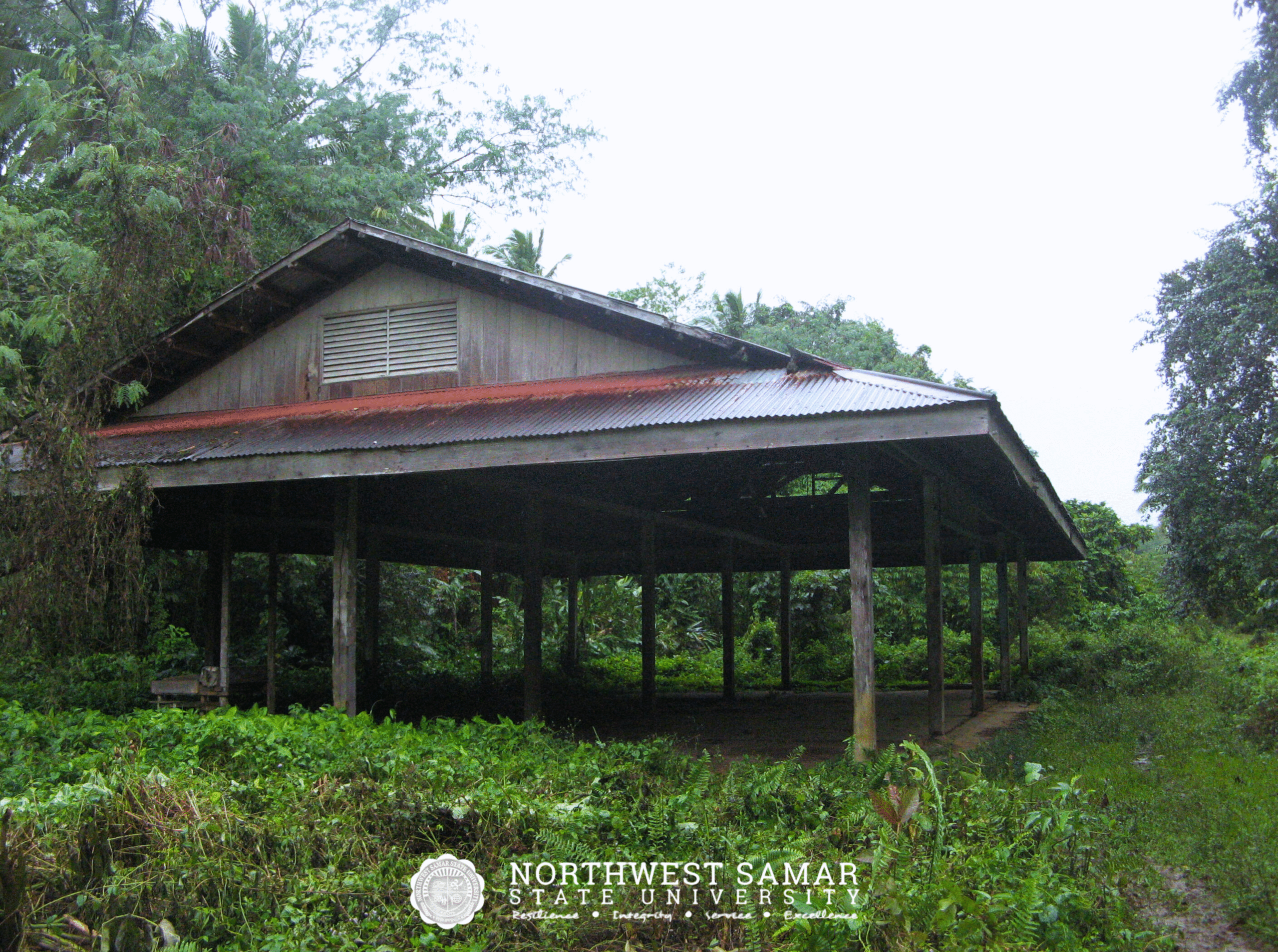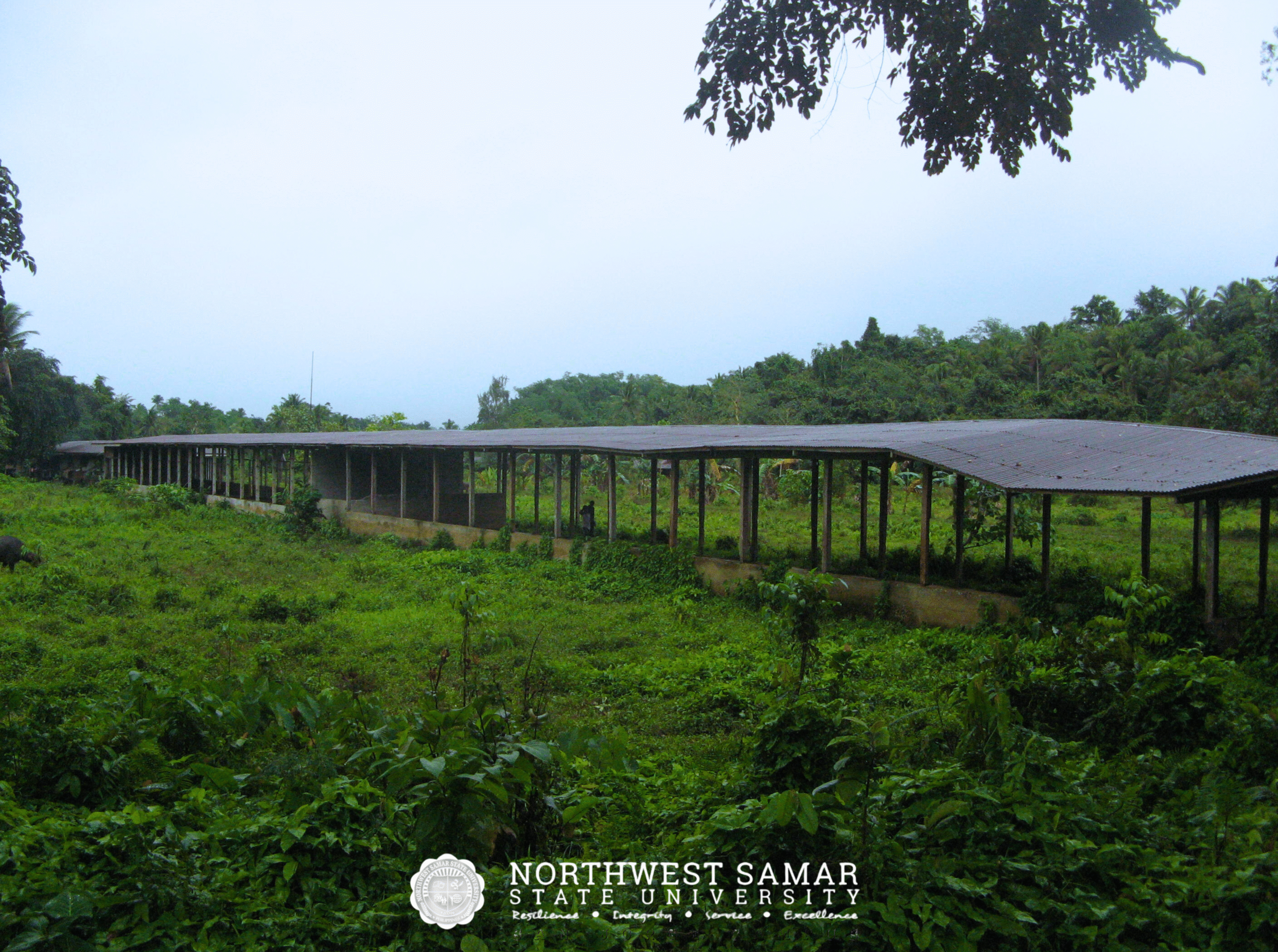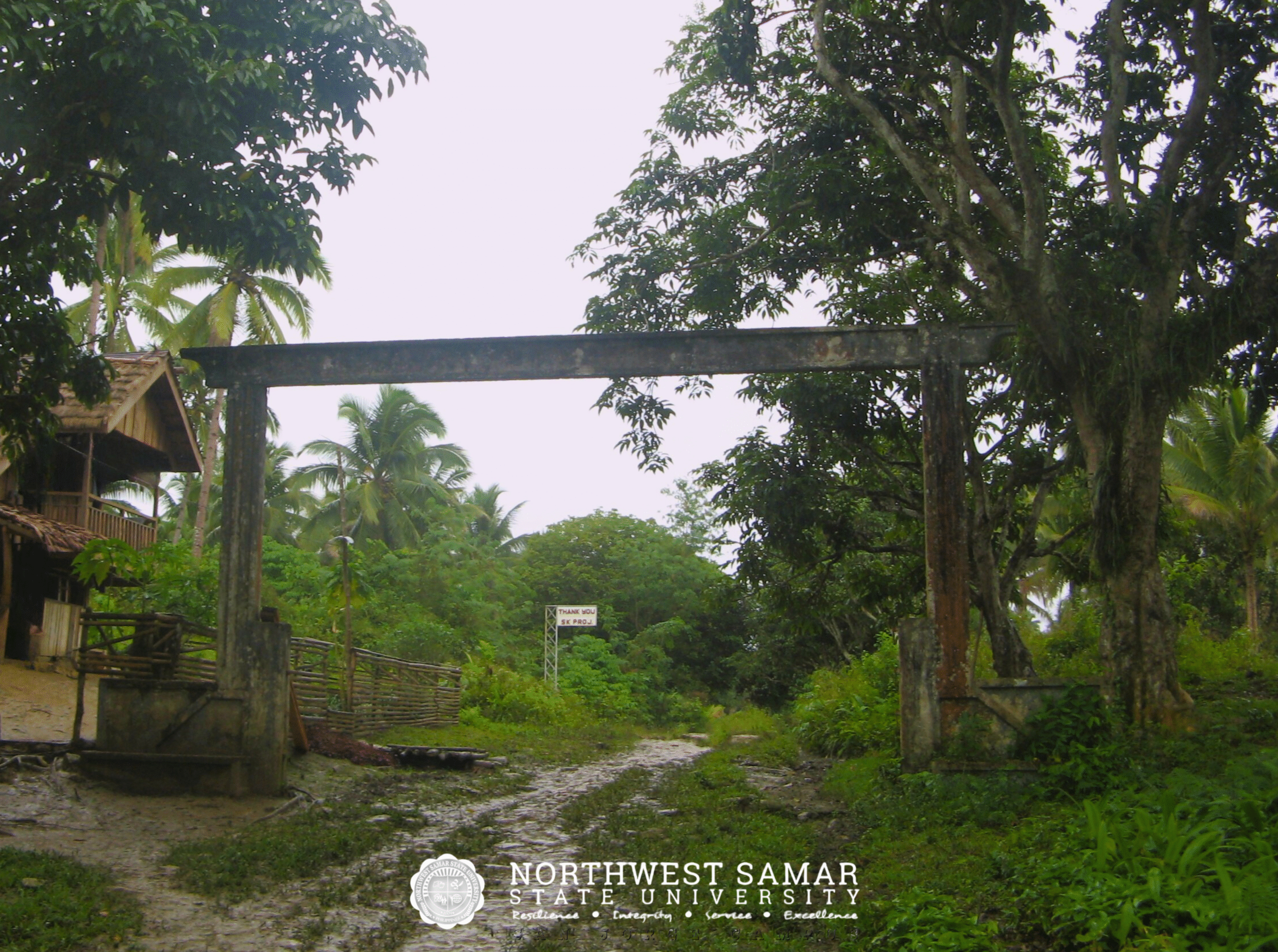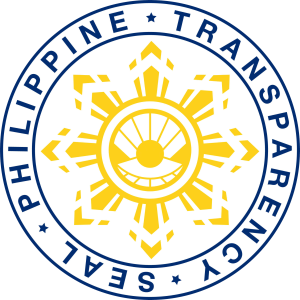Northwest Samar State University - San Jorge Campus: A Historical Overview
![]()
Northwest Samar State University – San Jorge Campus traces its roots to April 12, 1954, when it was established as the Samar National Agricultural School (SNAS) under Batas Pambansa 948. Originally located in Matalud, 12 kilometers from San Jorge, it occupied a 966.5-hectare site and served as the region’s sole secondary education institution, significantly impacting local communities.
Mr. Andres de la Crus was appointed as the first principal (1954-1956), overseeing an initial enrollment of 153 students. Subsequent leadership expanded enrollment, infrastructure, and agricultural programs, including Mr. Estanislo D. Olaguer (1956-1961) and Mr. Candido B. Rosario (1962-1964). By 1964, under Mr. Alberto D. Arellon, a two-year Technical Agriculture curriculum and a Post-Secondary Course were introduced. In 1977, the Ministry of Education permitted the offering of a Bachelor of Science in Agriculture (BSA), with a ladderized curriculum leading to an Associate in Agriculture (AAgr.).
Due to insurgency threats, the campus relocated to Barangay Erenas, San Jorge, in 1982. Under Mr. Oscar M. Neypes (1986-1998), semi-permanent buildings were constructed, and the Diploma in Agricultural Technology (DAT) was introduced. The institution was later converted into Samar State College of Agriculture and Forestry (SSCAF) by RA 8655 on June 14, 1998, with Mr. Neypes as its first president. Following his passing in 2002, Dr. Socorro O. Bohol succeeded him, emphasizing curriculum development and infrastructure enhancement.
In 2009, SSCAF was integrated into Northwest Samar State University (NwSSU) through RA 9719, with Dr. Bohol becoming the first university president. Over the years, various leaders, including Dr. Aida L. Tobes, Dr. Maria A. Oraya, and Dr. Francisco V. Tibe, contributed to academic program advancements, research development, and institutional accreditation efforts.
Currently, under the leadership of Dr. Benjamin L. Pecayo (appointed in 2018), and Dr. Reynaldo R. Aquino, Campus Director, the university continues to enhance its academic programs, infrastructure, and accreditation initiatives, ensuring quality education and regional development.
